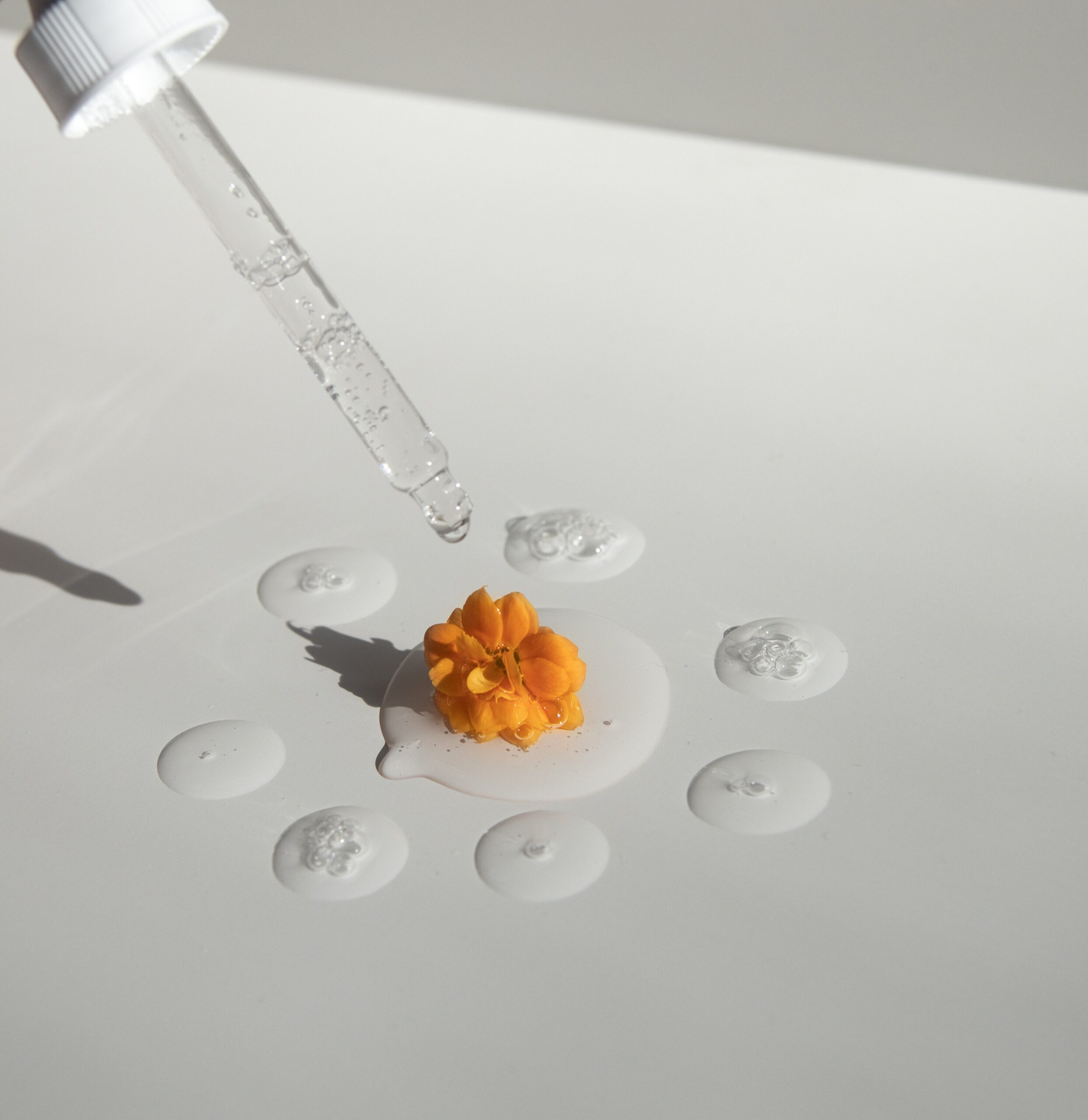If the smell of a swimming pool instantly recalls your childhood, but not the chemistry class in which you first learned about chlorine, you’re experiencing scent memory—a kind of fragrance déjà vu. Olfactory nostalgia can extend to virtually anything: a rose may conjure images of grandma, and gingerbread can transport you to Christmas baking with your mother. Diesel might remind you of cutting the grass while vodka and orange juice makes you nauseous from the time you over-imbibed in high school.
Smell—which is linked to our limbic system, the emotional centre of the brain—has the power to trigger physiological responses that alter our mental, emotional, physical and spiritual state-of-mind. Emotion rules scent—that sudden whiff of chlorine, after all, makes you happy despite the fact that it’s a noxious chemical. That’s the nascent science of aromachology at work.
The idea of scent rituals can be traced back more than 3500 years to the ancient Egyptians, who used aromatics to honour the gods. But the popularity of aromatherapy—using plants and essential oils as building blocks to better health—is a direct response to our more modern chaos. As our lives become more frenetic, taking a few seconds out to recharge has widespread appeal. The science behind it—aromachology—is still in its infancy, but studies show scent can indeed improve your wellbeing.
“It can be a bit tricky to navigate the difference between aromatherapy and aromachology because their definitions seem in many cases to cross over,” says Trevor T’úýtemken Ellestad Van Somer, Saje Natural Wellness’s senior manager of education and communications as well as in-house aromatherapist and herbalist. “These terms are both being used increasingly in the commercial sector, sometimes incorrectly as companies attempt to increase their credibility and stand out in a very saturated wellness industry.”
Van Somer explains that aromatherapy dates back to the early 20th century and refers to a system of plant medicine used by holistic practitioners to support a person’s whole body, mind, and spirit. On the other hand, he says, aromachology is a newer discipline more specific to the study of the effect of fragrance on emotions.
“Whereas aromatherapy focuses on the study and effect of natural aromatic compounds on holistic health, aromachology studies the effect of both natural and synthetic fragrances on the mind,” he explains. “Both disciplines utilize science to support the impact of aroma, but aromatherapy also relies on knowledge gained through the traditional use of plant medicine over generations to support the scientific research.”
BC-based Saje draws from Western herbalism and other global holistic and traditional systems of natural healing. The brand’s focus is less on scent and more on the soothing, uplifting and healing properties of natural ingredients in different forms like essential oil roll-ons, diffuser blends, lotions, balms, mists, soaps and bath salts.
Aromachology was introduced in the 1980s, says Sarah Sangha, co-founder of Vancouver-based Vellum Wellness, a women and BIPOC-owned personal care line launched in 2018. “Aromachology is based 100 per cent on scientific study—it focuses on how fragrances (natural or artificial) can influence our minds and emotions, and it does so by measuring the brain’s reaction to different scents passing through the olfactory system.” Sangha uses pumpkin spice as an instructive example of a scent that universally reminds us of fall, but to some it might bring excitement while to others disgust. The commonality between both reactions is that emotion is guiding our response.
The local wellness brand offers products based on mood so that customers can create routines or rituals to help process their emotions. “Other brands may focus on how great essential oils can make your home smell or how essential oils can relieve headaches, but Vellum drills down further on how that essential oil affects your mood and mental health,” says Sangha. For example, “Bergamot smells great; it’s a fruit-based oil that has uplifting effects when you smell it—it’s great for skincare; it’s great for hair care ; but it also helps release feelings of shame and guilt and banishes negative thought patterns, which is aromachology.”
Harnessing the power of scent forms the basis of aromachology. A classic example is realtors serving freshly baked cookies in a property they’re selling to elicit a positive visceral response—a cozy place to call home. The Fairmont Pacific Rim is famous for its tantalizing lobby smell, “Waterfall”, designed specifically by a company called Aromasystems to create associations for guests (whom they hope will pine to return to the hotel long after they’ve checked out). It’s a clean, genderless aroma with notes of jasmine, which is known to be comforting, calming, uplifting and sensual—and it’s almost always associated with romance.
Meanwhile, Maison Margiela’s Replica line of fragrances invent scents as olfactive, collective “memories” in a bottle (or candle). “Bubble Bath”, launched last year, coincided perfectly with homefront pandemic time, while this summer the brand launches Autumn Vibes to inspire a familiar recollection of quiet, introspective walks along autumnal rust-coloured foliage. With the pandemic behind us and almost certainly still ahead, a moment of escape and quiet contemplation amongst rustling leaves and ancient trails is like a deep breath in a bottle. Its recipe of pink pepper, coriander and carrot seeds marry with woody cedarwood and moss to channel the peaceful outdoors.
Lavender calms, eucalyptus is for self-love, patchouli grounds while ylang ylang is for simplicity; all are designed to be blended according to how you feel. If you feel anxiety, you can blend lavender, eucalyptus and patchouli together. If you’re studying and need to stay awake, blend lemon for better focus with bergamot for increased confidence. Either way, you can use scent to build an association or memory tie so that your brain relaxes faster whenever you smell the blend (or perk you up with the study blend).
But no matter how many happy childhood memories it brings back, please don’t sniff chlorine.
Read more beauty stories.









